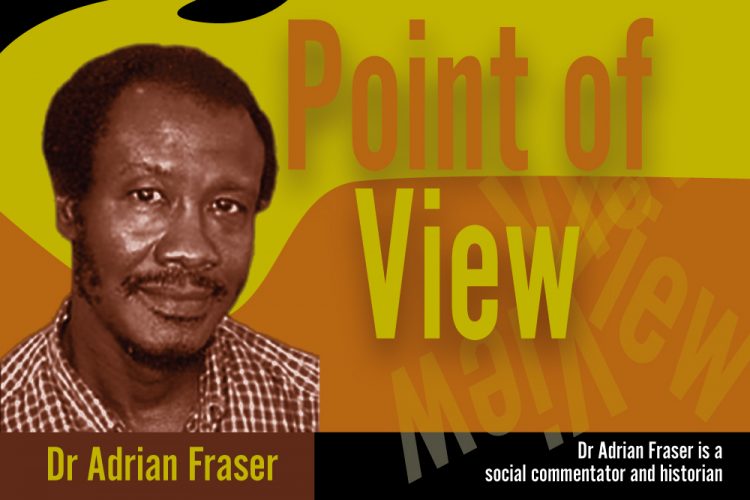Some Reflections

It is really painful these days to look at cable/tv news. Most is about the Russian-Ukraine war with its harrowing images. Scenes of destroyed apartment buildings; hospitals bombed with sick children and elderly people, women and children held underground, not able to come out because of persistent Russian bombing; desperate children and women trying to get to the borders being attacked. Then there are those trapped in the buildings in which they were sheltering with no access to food, electricity, water, and medicine. I have been making the point that those images impact strongly on us because communications technology allows those scenes to come right to our living rooms and bedrooms. The fact that persons seeking refuge are not the typical refugees that we have been accustomed seeing makes a difference in how they have been received in that part of Europe. I make this point because atrocities are being carried out in different areas, my favourite one, the West Bank and territories occupied by Israel, defying many UN resolutions. We might read about them but do not see the images regularly on our television screens. But the brutalities are just as disturbing!
But our focus is now on Ukraine and what I am seeing is criminal. As the Russian forces meet stiffer resistance than they anticipated, the civilians are made to suffer. When and how will this end? The argument is about NATO and its fear of expanding the war, but how can the world sit back and allow this murderous onslaught to continue? Is this a template for what can possibly happen elsewhere? This is the 21st century! The contradictions spill out. Is it that any permanent member of the UN Security Council could contravene accepted conventions, initiate conflicts, and simply use their veto to prevent action being taken against them while the rest of us sit back? How this will impact on world order is left to be seen!
NATIONAL HERITAGE MONTH
We are nearing the end of a month we have designated National Heritage Month with its centrepiece being March 14 when we pay tribute to our only National hero. On that day we go to the obelisk at Dorsetshire Hill or look at it on television. Then the practice is to journey to the homeland of the Garifuna and Kalinago people and to partake of indigenous foods, for most, the only time of the year they will give up their KFC! Then it is repeated the next year. I suppose indigenous food is only tasty or perhaps relevant on March 14!
The question every year is who will be our next national hero. Why this question when we have not properly dealt with Chatoyer?
Who is a national hero and what is the significance of Chatoyer? Does his life mean anything to us? This is a fundamental question that we have been avoiding. For me, a national hero is a national role model and a national symbol. We always hear names of possible national heroes, but most people do not have a clue about the criteria for selecting national heroes, hence the names you sometimes hear. It is for this reason that I have been suggesting a system of national awards. Clearly there are many persons who have made valuable contributions but do not meet the criteria for national heroes. A national hero could only be bestowed on someone when he/she is dead. Why not give national awards to people who are alive? Bestowing the honour of national hero when someone is dead gives you an opportunity to examine the persons whole life span and the time to do so, allowing the exercise to become less subjective and even less emotional.
To meet the criteria, the person: a) ”Has given outstanding service to Saint Vincent and the Grenadines and his contribution has altered positively the course of the history of SVG. b) Has given service to SVG which has been exemplified by visionary and pioneering leadership, extraordinary achievement and the attainment of the highest excellence which has redounded to the honour of SVG or c) Has, through his heroic exploits and sacrifice, contributed to the economic, social, or political conditions of SVG and Vincentians generally.”
A tall order indeed! How many people can meet that criteria? You have to dig hard and far to find that person. It is a serious exercise and must not be trivialised.
Dr Adrian Fraser is a social commentator and historian









